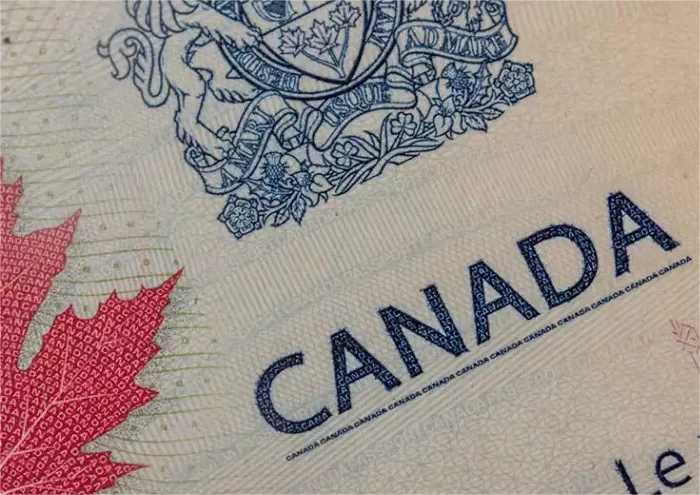Canada, renowned for its multiculturalism, pristine landscapes, and robust economy, attracts immigrants from around the globe seeking better opportunities and a higher quality of life. For many, obtaining Canadian citizenship is the ultimate goal, offering a sense of belonging, security, and access to various rights and privileges. However, the pathway to citizenship includes navigating through a series of requirements, one of which is passing the Canadian citizenship test. In this article, we delve into the intricacies of the Canadian citizenship test, exploring its format, content, and difficulty level.
Understanding the Canadian Citizenship Test
Before delving into its difficulty, it’s imperative to comprehend the purpose and structure of the Canadian citizenship test. The test is designed to assess applicants’ knowledge of Canadian history, values, institutions, and symbols, ensuring they possess a basic understanding of the country they seek to call home. Administered by Immigration, Refugees and Citizenship Canada (IRCC), the test aims to evaluate applicants’ ability to integrate into Canadian society and contribute positively to its fabric.
Format of the Test
The Canadian citizenship test is a computer-based, multiple-choice examination comprising 20 questions. Applicants are required to answer at least 15 questions correctly to pass the test. The questions are randomly selected from a pool of about 200, covering various topics such as Canadian history, geography, political system, rights and responsibilities of citizens, and cultural symbols. The test is available in English and French, Canada’s two official languages, catering to the linguistic diversity of its population.
Content of the Test
The content of the Canadian citizenship test reflects the core values, history, and institutions that define Canada as a nation. It encompasses a broad spectrum of topics, including but not limited to:
Canadian History: Questions pertaining to significant historical events, key figures, and milestones in Canada’s evolution as a nation.
Canadian Geography: Inquiries about the geography of Canada, including its provinces, territories, major cities, and natural landmarks.
Political System: Queries regarding Canada’s system of government, its democratic principles, and the roles of various governmental institutions.
Rights and Responsibilities: Examination of applicants’ knowledge of Canadian citizens’ rights, freedoms, and responsibilities, as enshrined in the Canadian Charter of Rights and Freedoms.
Cultural Symbols: Identification of national symbols, emblems, and traditions that hold cultural significance in Canada.
SEE ALSO: WHAT IT TAKES TO MOVE TO CANADA FROM AMERICA
Difficulty Level
Assessing the difficulty of the Canadian citizenship test is subjective and contingent upon various factors, including an individual’s background, education, language proficiency, and familiarity with Canadian culture and history. For some applicants, especially those with prior knowledge or experience living in Canada, the test may seem relatively manageable. Conversely, for others who are less acquainted with Canadian society or have limited exposure to its customs and history, the test may pose a more significant challenge.
Language proficiency can significantly influence an applicant’s performance on the test. While the questions are available in both English and French, applicants must possess a sufficient level of proficiency in their chosen language to comprehend and respond to the questions accurately. For those whose first language is neither English nor French, mastering the language can be a formidable task, potentially adding to the perceived difficulty of the test.
Furthermore, the dynamic nature of the test, with questions drawn from a vast pool of possibilities, adds an element of unpredictability. Applicants must be well-versed in a diverse array of topics to ensure they can confidently tackle whatever questions they encounter during the examination.
Despite these challenges, the Canadian citizenship test is designed to be fair and accessible to all applicants. To facilitate preparation, IRCC provides study materials, including a Discover Canada guide, which serves as a comprehensive resource covering all the topics tested in the examination. Additionally, applicants have the option to take practice tests online to familiarize themselves with the format and content of the actual exam.
Conclusion
In conclusion, while the Canadian citizenship test may pose a challenge for some applicants, it is not insurmountable. With adequate preparation, including studying the provided materials, practicing sample questions, and improving language proficiency, applicants can increase their chances of success. Ultimately, the test serves as a gateway for individuals to demonstrate their commitment to Canada and their readiness to embrace its values, rights, and responsibilities as citizens. By understanding the format, content, and potential challenges of the test, applicants can approach the process with confidence and determination, paving the way for a successful journey towards Canadian citizenship.


